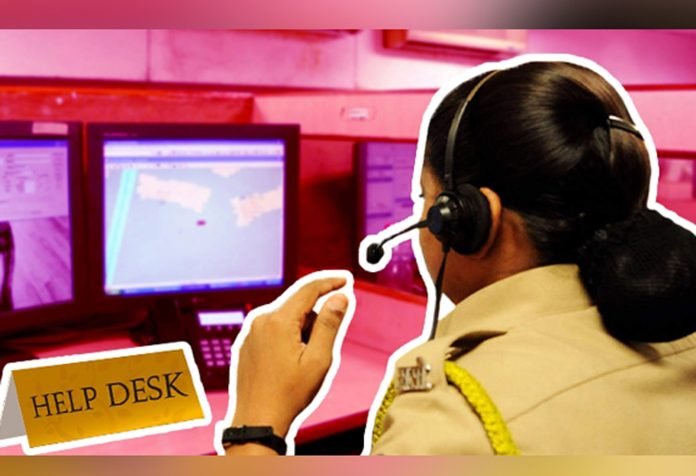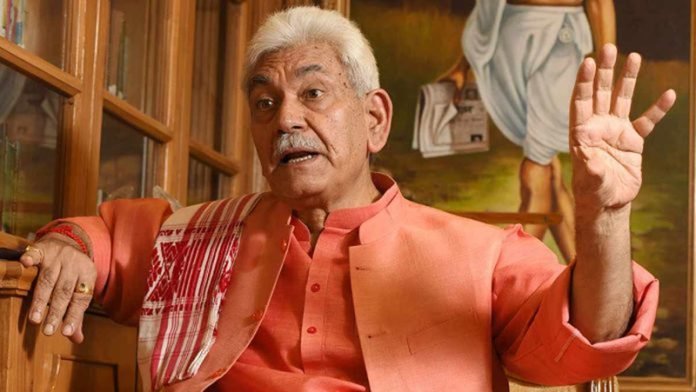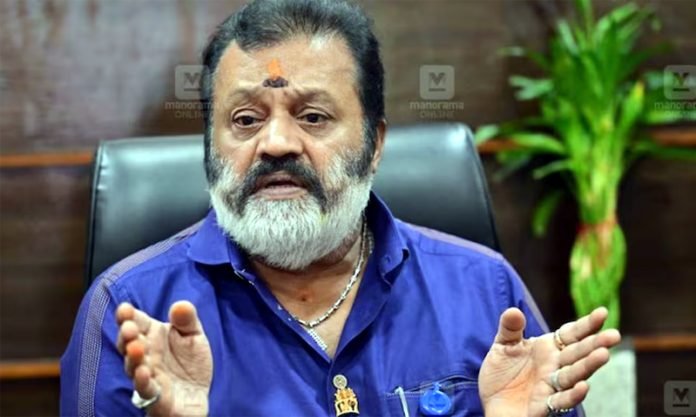In a glaring violation of the Nirbhaya Fund guidelines, only 29 out of the 150 Women Helpdesks set up across Police Stations in the Union Territory of Jammu and Kashmir are currently headed by women police officers. This stark shortfall has drawn the attention of the Department-related Parliamentary Standing Committee on Education, Women, Children, Youth and Sports, which expressed concern over the non-compliance in its recent report presented in Parliament.
The Nirbhaya Fund, instituted by the Government of India following the 2012 Delhi gang rape incident, is a dedicated corpus aimed at enhancing the safety and security of women. Among several initiatives funded through this mechanism is the establishment of Women Helpdesks at Police Stations, designed to make law enforcement more accessible and responsive to women’s needs.
As per the guidelines, each Women Helpdesk must be headed by a woman police officer—preferably of the rank of Junior Sub-Inspector (JSI) or Assistant Sub-Inspector (ASI), but not below the rank of Head Constable. The presence of a female officer is meant to ensure a more approachable and empathetic environment for women seeking help, especially in sensitive and distressing situations.
However, official data from the Union Ministry of Women and Child Development reveals that only 29 of the 150 operational Women Helpdesks in Jammu and Kashmir are currently headed by women officers, undermining the very essence of the initiative.
The Parliamentary Panel emphasized that such non-compliance defeats the core objective of making Police Stations women-friendly, thereby reducing the effectiveness of efforts to encourage women to report crimes and seek help.
In addition, the committee raised concerns over the slow pace of Anganwadi Centre upgradation in the Union Territory. Out of the 338 centers sanctioned by the Union Ministry—86 in 2022-23, 50 in 2023-24, and 202 in 2024-25—only 135 have been upgraded to date. The upgradation is crucial to improving early childhood care and development, including better nutrition, health, and pre-school education.
The report also highlighted financial underutilization in key welfare schemes. A sum of ₹5,095.68 lakh remains unspent under the Poshan Abhiyan as of February 21, 2025. Poshan Abhiyan is the Prime Minister’s flagship initiative to tackle malnutrition among children, adolescent girls, and pregnant and lactating mothers.
Likewise, under Mission Vatsalya—formerly known as the Integrated Child Protection Scheme—an unspent amount of ₹3.76 crore remains in the UT’s account. This scheme focuses on the care, protection, and holistic development of children in vulnerable situations.
The Parliamentary Committee has urged the UT administration to take immediate corrective measures, ensure full compliance with existing guidelines, and expedite the implementation of critical schemes for the welfare of women and children in the region.




